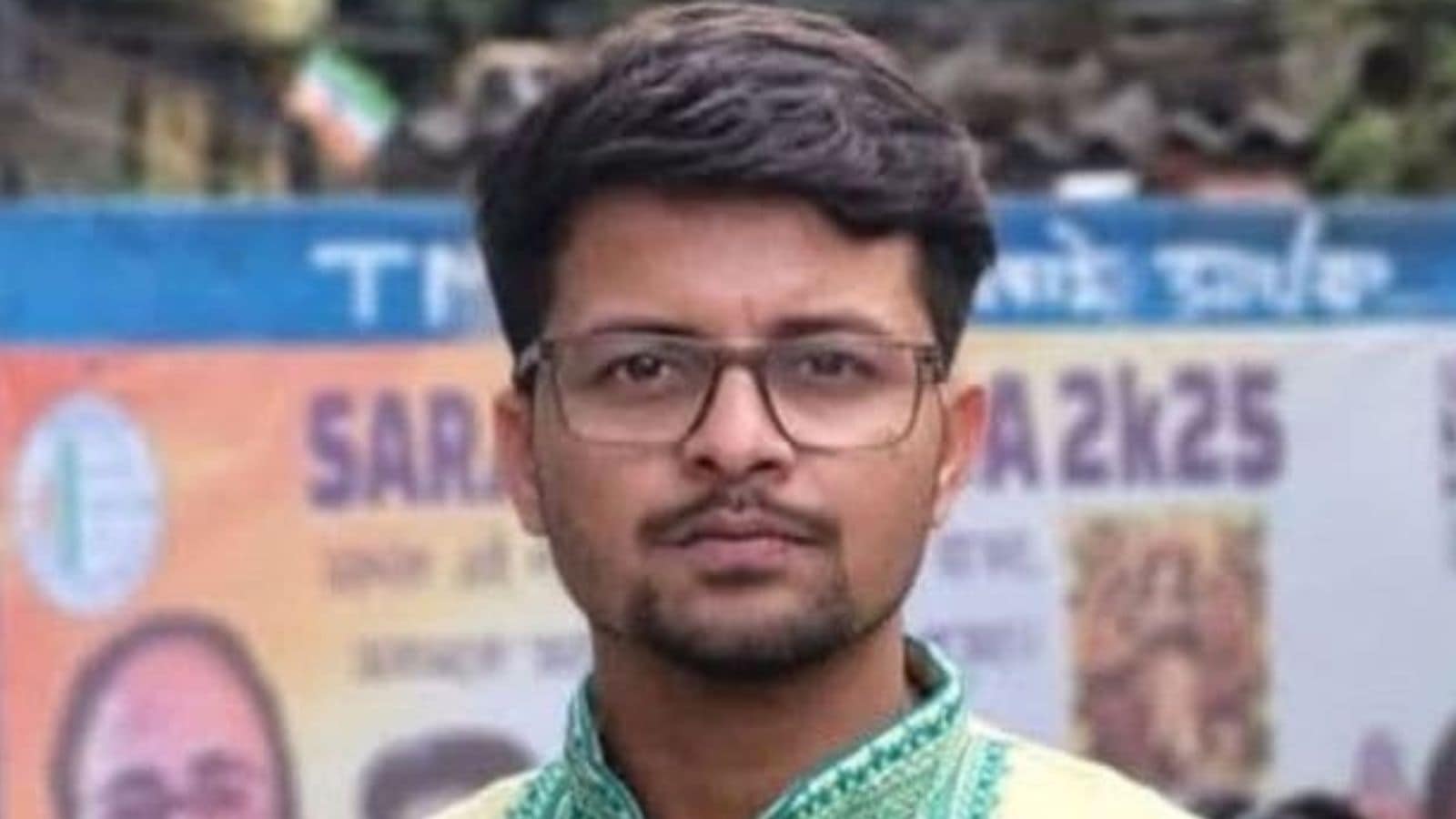According to police sources, they have found “corroboration between the complainant's statement and the evidence found at the spot”
Why it matters
- The corroboration of evidence strengthens the case against the accused, highlighting the importance of thorough investigative processes.
- This development may encourage other victims of sexual assault to come forward, fostering a safer environment in educational institutions.
- The case emphasizes the need for systemic changes within law enforcement and educational institutions to address and prevent sexual violence.
In a recent update regarding the disturbing rape case that has rocked Kolkata's legal community, police officials have announced that they have uncovered significant evidence that aligns with the statements made by the complainant. This revelation comes as a crucial step in the ongoing investigation into the alleged incident that has garnered widespread attention and concern.
The police sources have indicated that there is a clear “corroboration between the complainant's statement and the evidence found at the spot.” This connection between the testimonies provided by the victim and the physical evidence collected from the scene is expected to play a pivotal role in the forthcoming legal proceedings. Such a finding not only adds credibility to the complainant's account but also illustrates the necessity for a meticulous approach in handling sensitive cases of sexual violence.
The chargesheet filed by the police outlines the detailed investigation process, which involved a rigorous examination of the scene of the crime, as well as eyewitness accounts and forensic evidence. Authorities have been diligent in ensuring that all aspects of the case are thoroughly scrutinized to build a strong foundation for prosecution.
Local authorities have expressed their commitment to addressing the issue of sexual violence, particularly within educational institutions. The law college community has been shaken by the allegations, prompting discussions about the safety and well-being of students. Many have called for increased measures to protect individuals on campus, stressing the need for a secure learning environment free from harassment and violence.
Supporters of the complainant have rallied, advocating for justice and urging the judicial system to act swiftly and decisively. Activists have highlighted the importance of believing survivors and ensuring that their voices are heard in what can often be a daunting process. The public outcry surrounding this case reflects a growing awareness and intolerance towards sexual violence, particularly in spaces where young individuals are meant to feel safe and supported.
In parallel with the investigation, educational institutions across Kolkata are being urged to reevaluate their policies on sexual harassment and assault. This case serves as a wake-up call for many, highlighting the necessity of creating a culture of accountability and respect within schools and universities. Experts suggest that training programs focused on consent and healthy relationships should be integrated into the curriculum to help prevent future incidents.
Furthermore, the role of law enforcement in handling sexual assault cases has come under scrutiny. Many advocates for victims' rights emphasize the need for police training that emphasizes sensitivity and understanding when dealing with such cases. The goal is to foster an environment where victims feel safe to come forward and report incidents without fear of judgment or repercussions.
As the legal proceedings unfold, all eyes will be on the Kolkata law college rape case, with many hoping that it will lead to significant changes in both the legal system and the culture surrounding sexual violence. The outcome of this case could pave the way for more stringent laws and better protective measures for victims, ultimately fostering a society that prioritizes safety and justice.
The police have promised transparency throughout the investigation, indicating that they will keep the public informed as new developments arise. It remains to be seen how the judicial process will unfold, but the current evidence appears promising for those seeking justice in this troubling case. The community watches closely, hopeful for a resolution that prioritizes the rights and dignity of victims while holding perpetrators accountable for their actions.











